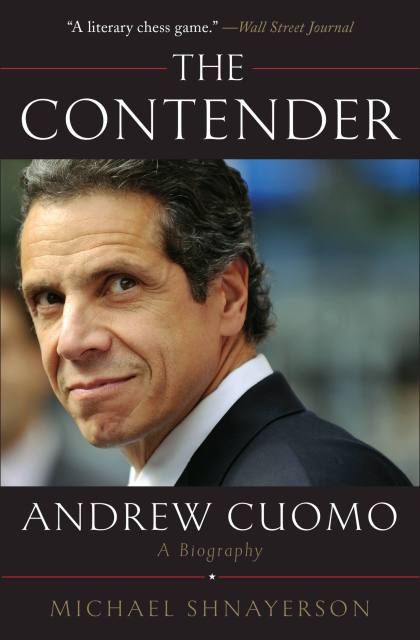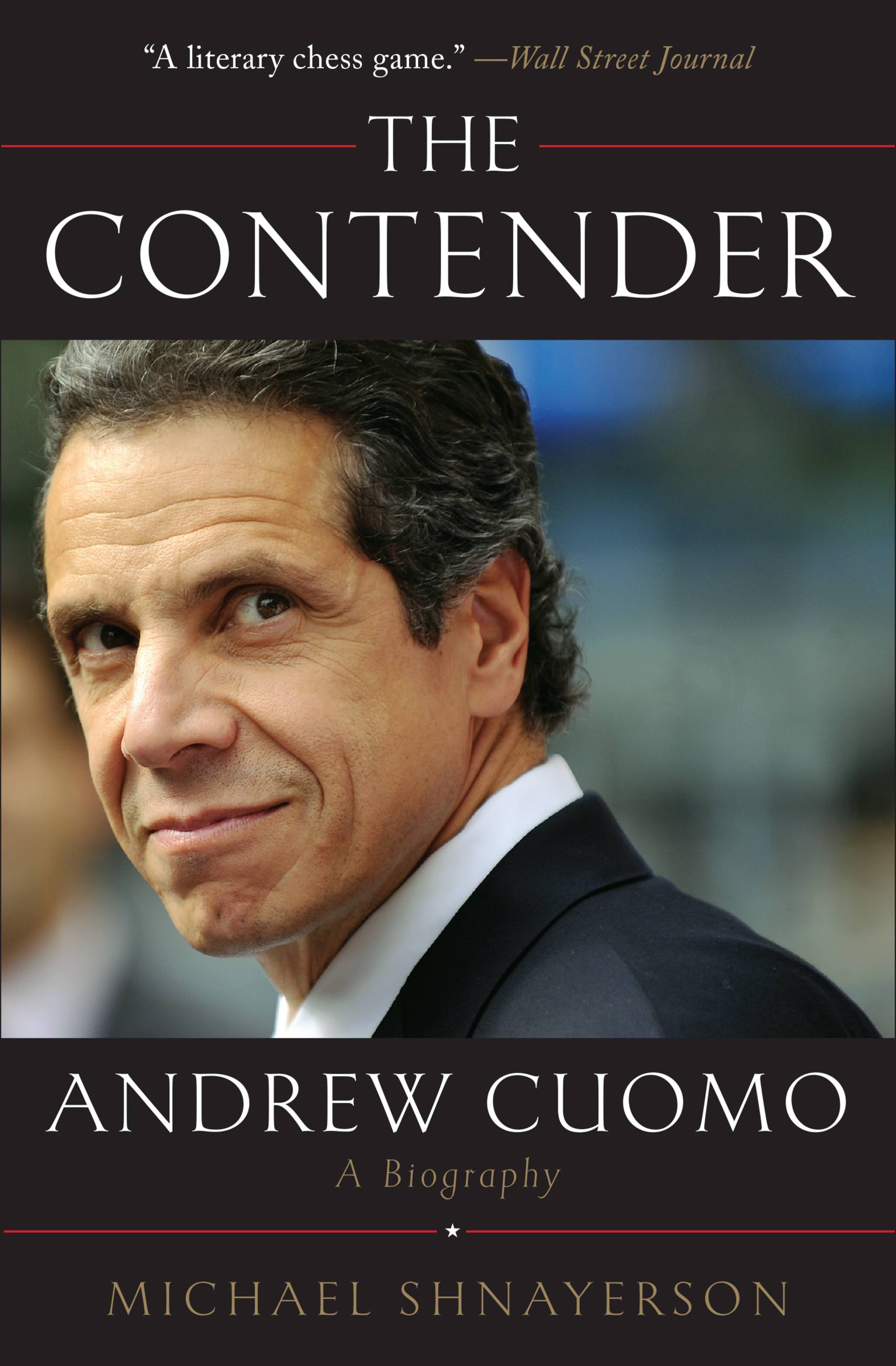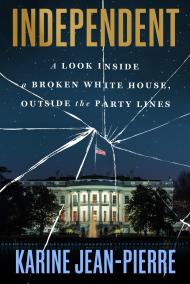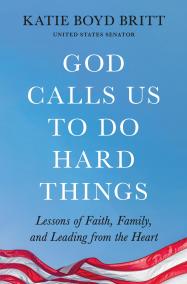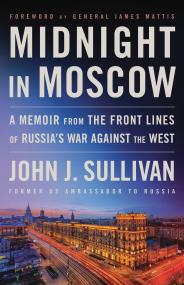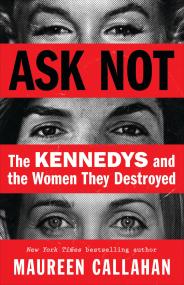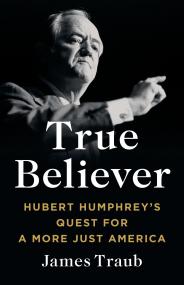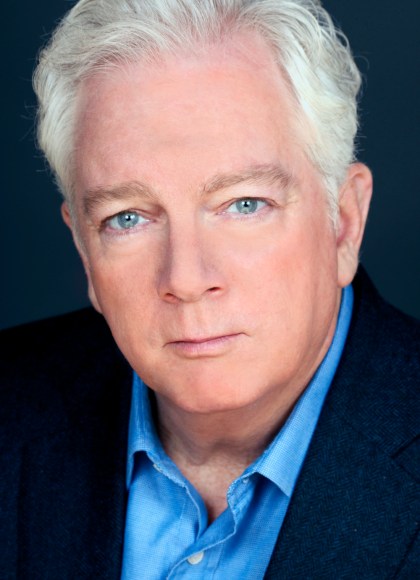By clicking “Accept,” you agree to the use of cookies and similar technologies on your device as set forth in our Cookie Policy and our Privacy Policy. Please note that certain cookies are essential for this website to function properly and do not require user consent to be deployed.
The Contender
Andrew Cuomo, a Biography
Contributors
Formats and Prices
- On Sale
- Mar 31, 2015
- Page Count
- 384 pages
- Publisher
- Twelve
- ISBN-13
- 9781455522002
Price
$14.99Price
$19.99 CADFormat
Format:
- ebook $14.99 $19.99 CAD
- Audiobook Download (Unabridged) $44.99
This item is a preorder. Your payment method will be charged immediately, and the product is expected to ship on or around March 31, 2015. This date is subject to change due to shipping delays beyond our control.
Buy from Other Retailers:
A no-holds-barred biography of New York Governor Andrew Cuomo.
He did so, brilliantly, by becoming New York’s attorney general, and compiling a record that focused on public corruption. In winning the governorship in 2010, he promised to clean up America’s most corrupt legislature. He is blunt and combative, the antithesis of the glad-handing, blow-dried senator or governor who tries to please one and all. He’s also proven he can make his legislature work, alternately charming and arm-twisting his colleagues with a talent for political strategy reminiscent of President Lyndon Johnson. Political pundits tend to agree that for Cuomo, a run for the White House is not a question of whether, but when.
-
"In the first few pages of The Contender, Gov. Andrew M. Cuomo is portrayed as a "brilliant tactician" and a presidential hopeful, even if not in 2016. But the tone of the unauthorized biography quickly changes...the book explores Mr. Cuomo's complicated relationship with his father, Gov. Mario M. Cuomo, as well as his early days managing his father's campaigns, and then running his office in Albany after his father became governor..."The New York Times
-
"[A] deeply researched account...While Shnayerson doesn't deny the governor his considerable talents and accomplishments - from his efforts as a young man tackling homelessness to his key role in the 2011 passage of same-sex marriage - the story is shadowed by what the author portrays as an often ruthless drive for advancement, and a mania for control."Albany Times-Union
-
"Gov. Andrew Cuomo is known for going to great lengths to control his image and the information released about him. Interviews with people familiar with the governor's deliberations and others who worked on the three projects shed light on a literary chess game that played out over three years."The Wall Street Journal
-
"Shnayerson is able to add color to the existing body of Cuomo portraiture...about how the governor (and governor's son) got to be the political figure he is today. Cuomo, in Shnayerson's telling, was the young campaign operative who shimmied up telephone poles in Queens in the dead of night to take down his father Mario's opponent's campaign posters, and would do just about anything if it meant winning."Capitol New York
-
"A graceful writer with a gift for memorable descriptions...a dogged, resourceful reporter...with THE CONTENDER, Shnayerson provides a helpful [...] reminder that some of the best and most consequential political stories occur far away from the glare of Washington."The New York Times Book Review
-
"Superb."Daily Freeman
Newsletter Signup
By clicking ‘Sign Up,’ I acknowledge that I have read and agree to Hachette Book Group’s Privacy Policy and Terms of Use
